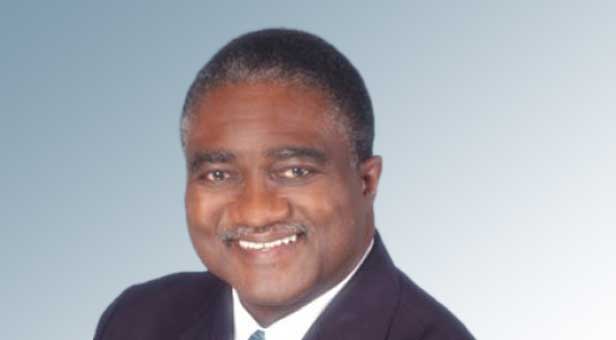Obama’s mixed record on appointed judges
George Curry
Many speakers at this week’s Republican convention in Tampa have focused on the economy and unemployment as they sought to contrast the Mitt Romney-Paul Ryan GOP ticket with the record of President Barack Obama. But there is another battle underway that is receiving less attention but is at least equally important – the fight to appoint federal judges.
For several decades, Republicans have made judicial appointments a top priority. It is still a priority for the GOP and should be one for Democrats, especially because the 5-4 Supreme Court conservative majority could be widened or shifted in the other direction with the possible appointment of two justices over the next four years.
Both President Obama and former Massachusetts Gov. Mitt Romney have made it clear they would appoint a different kind of judge to the federal bench.
So far, the Obama record on appointing judges is like his race – mixed.
Obama has appointed two Supreme Court justices – the same number as Bill Clinton and George W. Bush appointed over eight years. He appointed 30 appeals court judges, roughly the same number that Clinton and Bush averaged over a term. The real difference was at the district court level, where most cases are decided. Obama has appointed only 125 district judges, compared to 170 for Clinton and 162 for Bush at this point of their presidency.
Part of the problem was that Obama made judicial appointments a low priority as he tried to push his health re-form initiative through Congress. Although he fell far behind Bush’s pace in his first year, he later accelerated the process but not fast enough to equal Bush. A second problem was GOP opposition to Obama’s nominees.
Even so, Obama did make significant changes.
The number of appeals court judges appointed by Democrats is now 49 percent, a 10 percent increase over when Bush left office. When Obama took office, judges appointed by Democrats dominated only one federal appeals circuit. Now, six of the 13 circuits are dominated by judges appointed by Democrats.
An Aug. 17 New York Times article on Obama’s judicial record observed: “… Mr. Obama has also largely shied away from nominating assertive liberals who might stand as ideological counterpoints to some of the assertive conservatives Mr. Bush named. Instead of prominent liberal academics whose scholarly writings and videotaped panel discussions would provide ammunition to conservatives, Mr. Obama gravitated toward litigators, prosecutors and sitting district judges and state judges, especially those who would diversify the bench.”
Many of those were met with Republican obstruction.
“The Republicans’ goal has been clear from the start – to keep as many seats as possible vacant for a future Republican president to fill with ultraconservative judges,” noted the Alliance for Justice, an association of more than 100 progressive organizations.
Obama’s goal of diversifying the federal bench has been complicated by the American Bar Association, a group of judicial professionals that vets candidates for federal judgeships.
The New York Times article stated, “Awkwardly, the American Bar Association’s judicial vetting committee later scuttled at least 14 finalists for nominations – nearly all women and minorities –by declaring them ‘not qualified.’”
In 2001, the George W. Bush administration announced that it would cease cooperating with the ABA in ad-vance of judicial nominations, preferring to go with judges favored by the conservative Federalist Society. However, Obama has been unwilling to appoint judges not approved by the ABA.
There is a down side to making safe judicial appointments, especially when conservatives are unabashed in their quest to remake the courts.
In a report on the last term of the Supreme Court titled, “The One-Percent Court,” the Alliance for Justice observed that in the landmark decision upholding the Affordable Care Act, Justices Elena Kagan, appointed by President Obama and Stephen Breyer, appointed by Bill Clinton, joined the five staunch conservatives on the court in holding that limits can be placed on Congress’ ability to address some national issues, including civil rights, under the commerce clause of the U.S. constitution.
Obama’s only bold move in this area was the nomination of Goodwin Liu, a liberal University of California-Berkeley law professor, to the Ninth Circuit in San Francisco. Senate Republicans blocked his appointment with a filibuster.
He briefly considered nominating another liberal, Pamela Karlan of Stanford University, but stayed with candidates that he believed would be more acceptable to Republicans.
The Times article stated, “While she said she was not disappointed, Ms. Karlan expressed worries that if Republicans nominated outspoken conservatives but Democrats did not nominate equally liberal ones, the center of mainstream legal debate would shift to the right.”
And that’s exactly what has happened.
